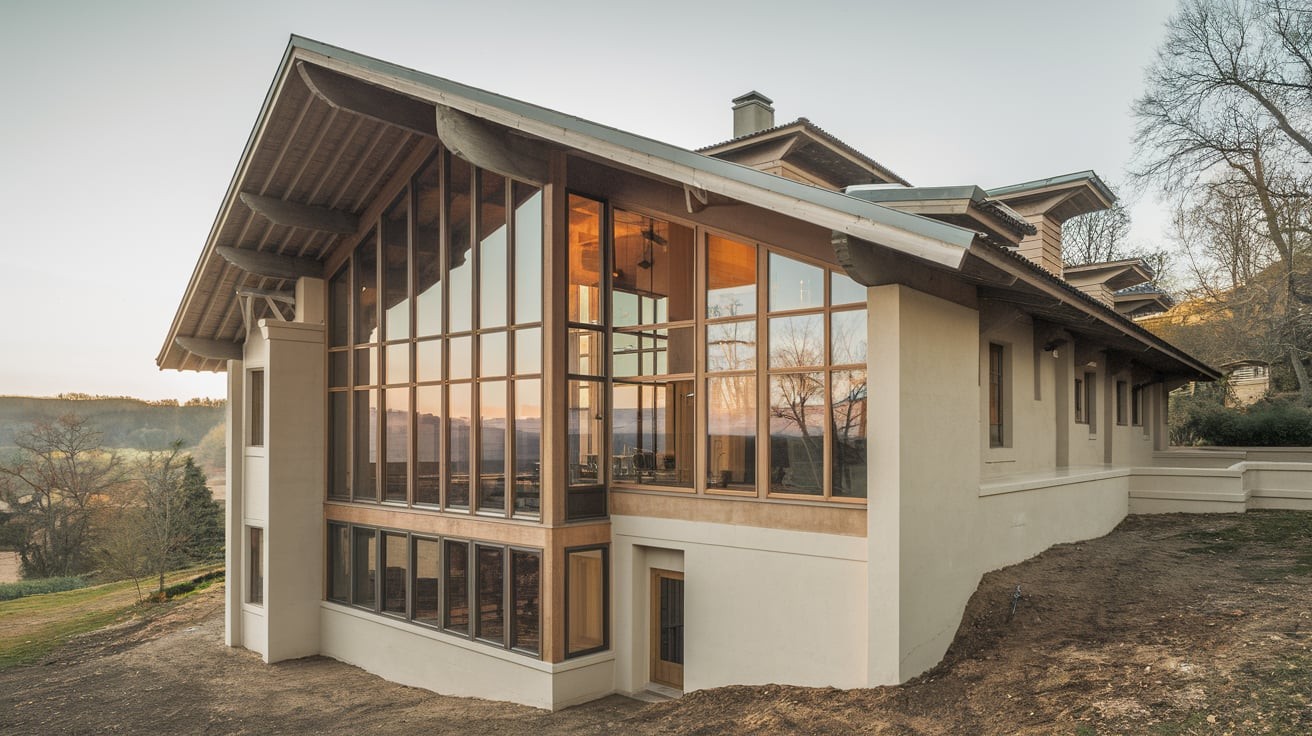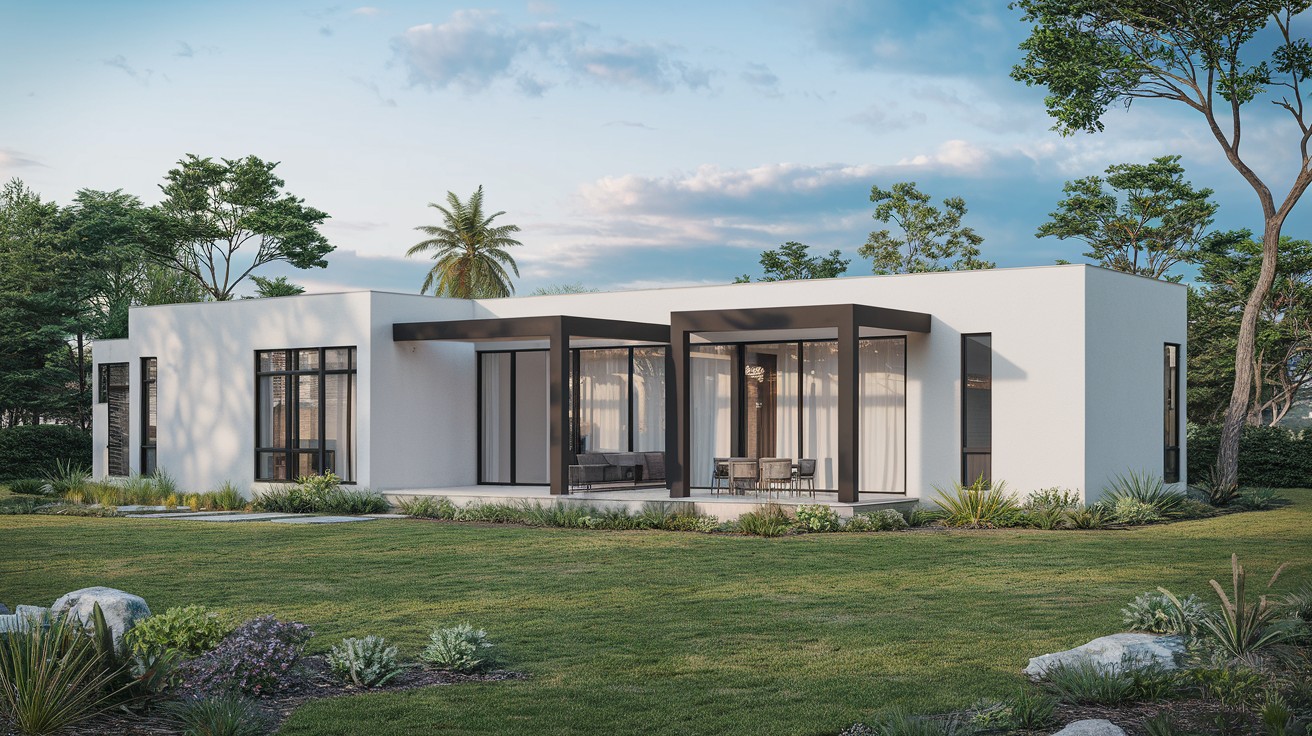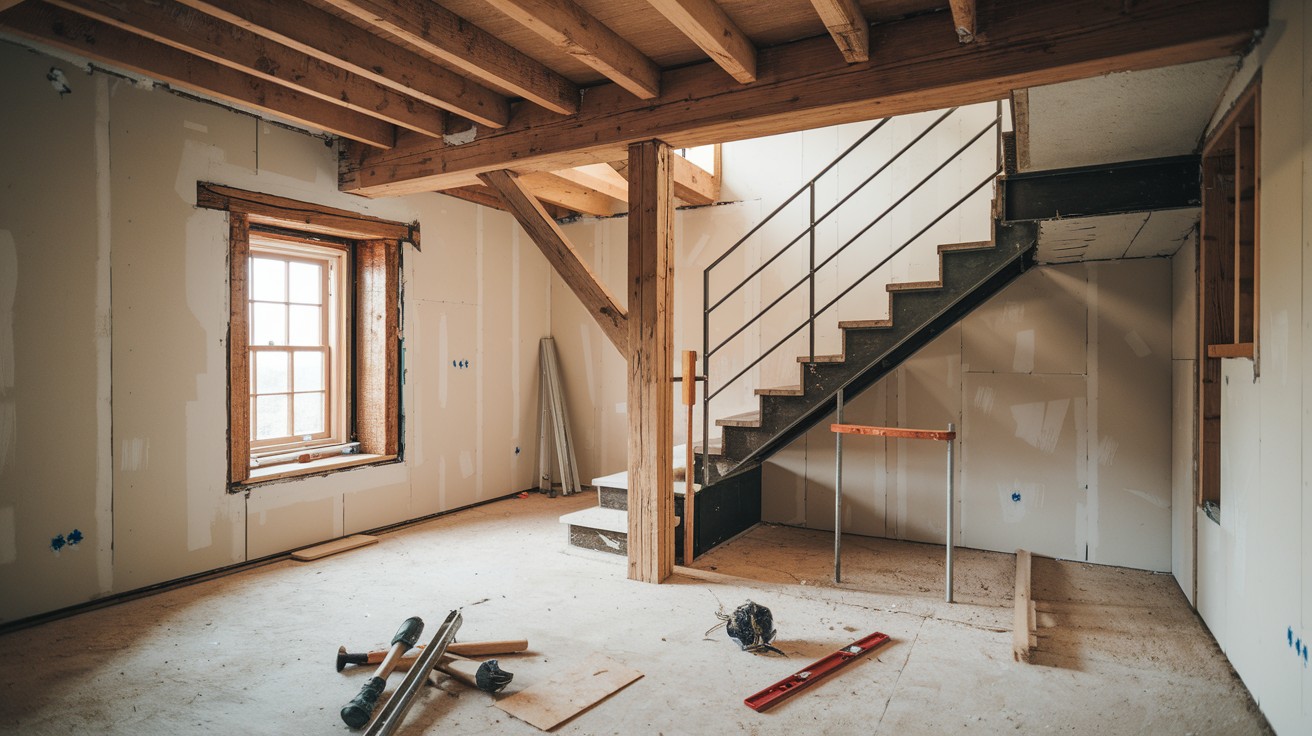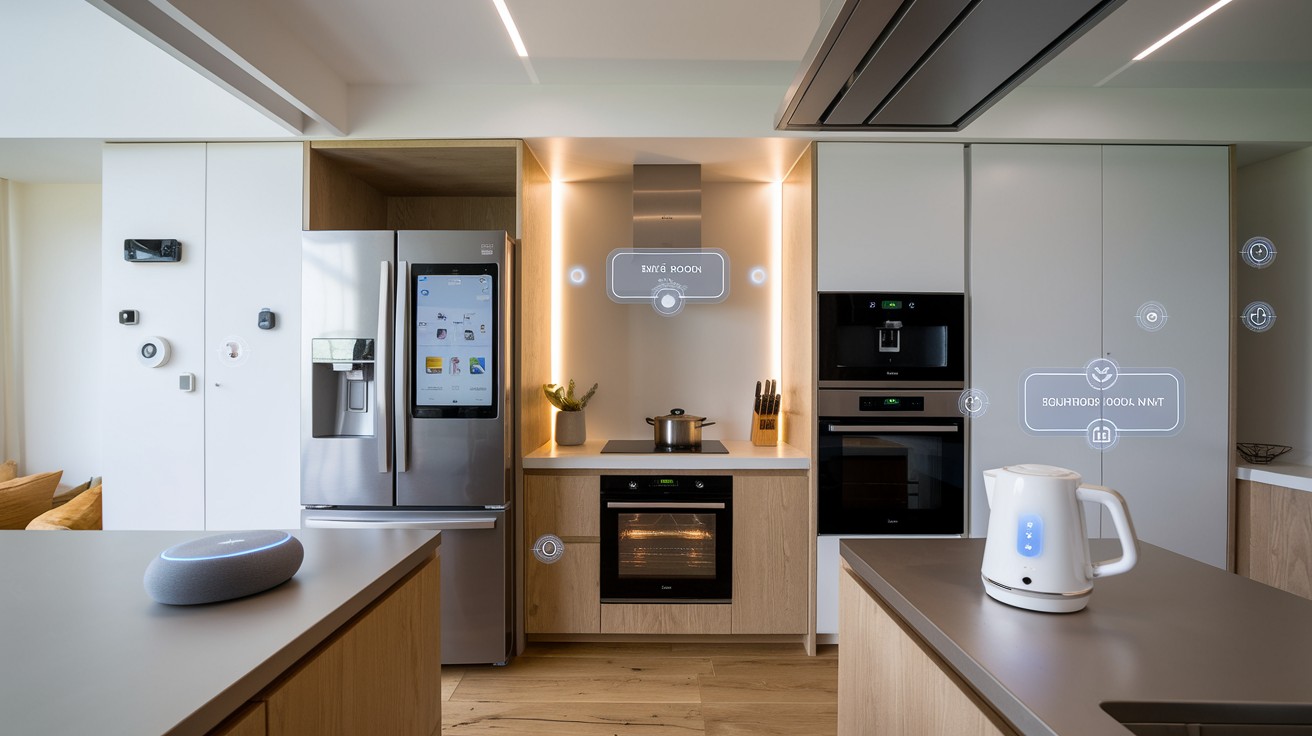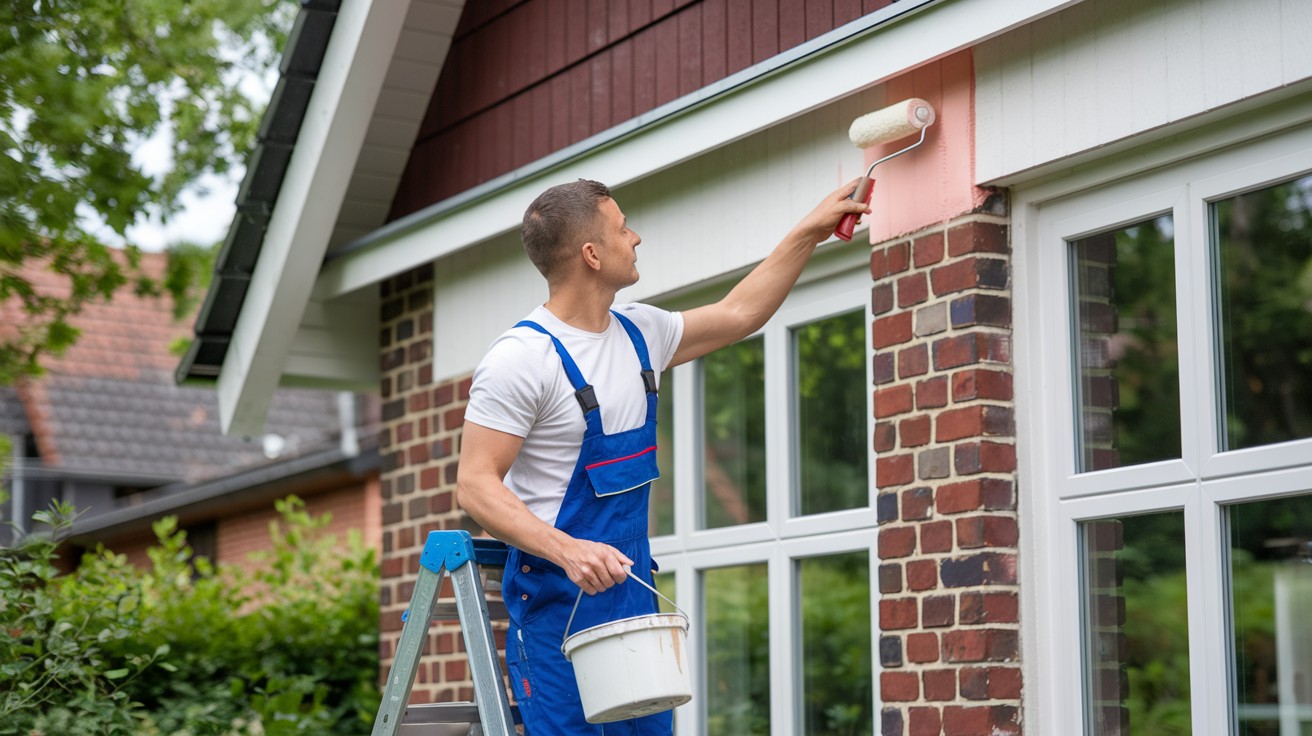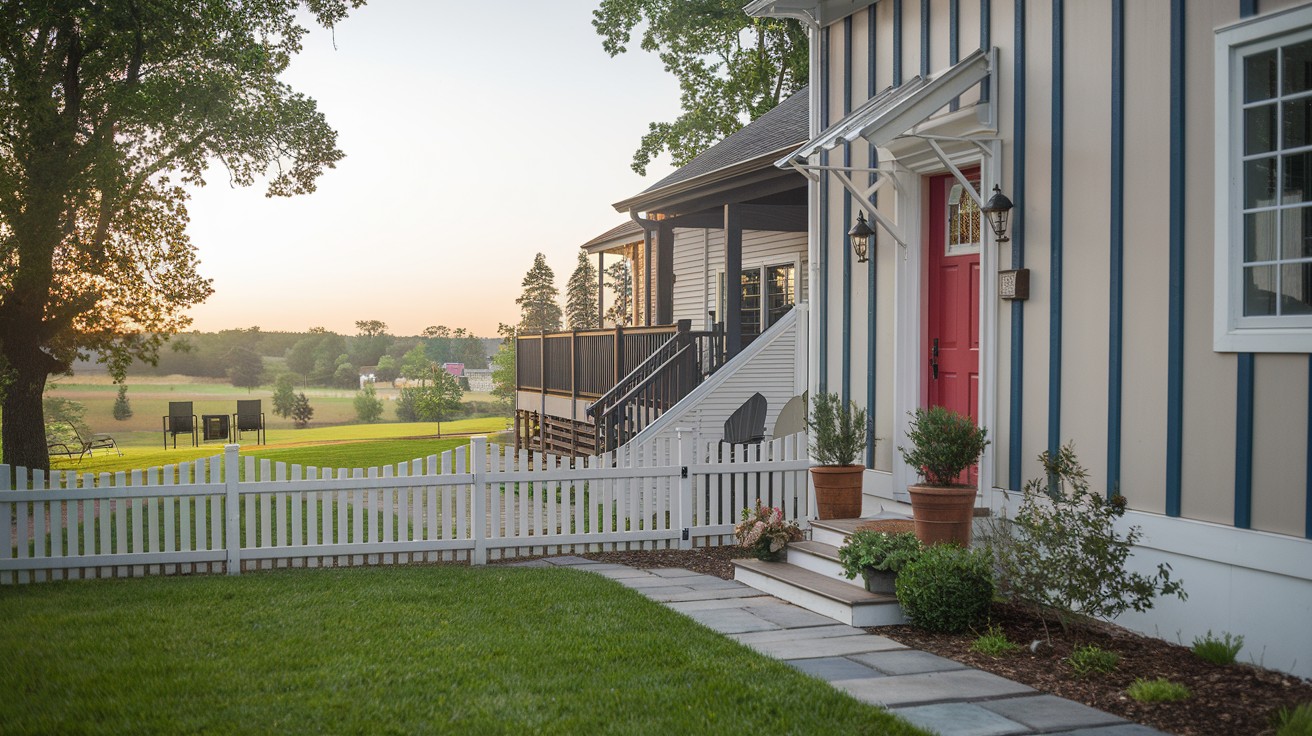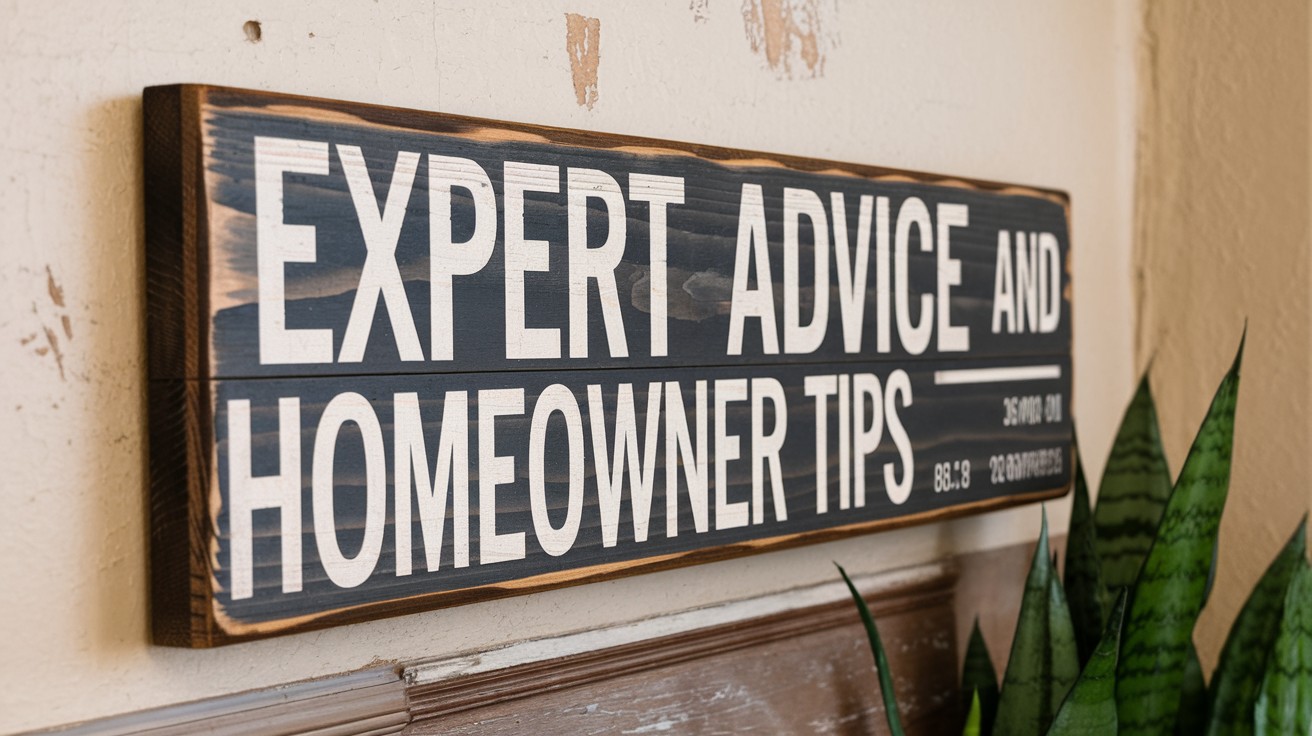Building your dream home shouldn’t be a nightmare.
In this guide, we’ll walk you through everything you need to know about home construction from planning and budgeting to finding trustworthy contractors and avoiding costly mistakes.
We understand the stress of home building. The endless decisions. The budget worries. The contractor nightmares. We’ve been there too.
That’s why we created this guide. We’ve helped thousands of families build their forever homes without the headaches.
Our team at Homehearted has over 20 years of experience in home construction. We’ve made the mistakes so you don’t have to.
Whether you’re just starting to plan or ready to break ground, this guide gives you the exact steps to follow.
Let’s turn your dream home into reality without the stress.
Understanding the Homenumental Concept
Your home isn’t just a building. It’s your sanctuary.
I created the word “Homenumental” because I believe your home should feel special. Monumental. Important.
Why? Because it is.
Think about it. Your home is where you:
- Make memories with family
- Recover after a hard day
- Feel safe when the world gets crazy
- Build your financial future
The magic happens when your house truly feels like home.
You know that feeling when you walk through your door and just exhale? That’s what I’m talking about.
But here’s the truth: a neglected home drains both your wallet and your happiness.
I’ve seen it happen too many times. Small problems become big repairs. Outdated spaces feel depressing. Property values drop.
The good news? It doesn’t have to be that way.
A well-maintained home does the opposite. It grows in value. It lifts your mood. It works with you, not against you.
When your home feels homenumental, you’ve created something truly special.
Home Design Fundamentals
The right design makes your home feel alive.
I want to let you in on a secret: good home design isn’t about fancy furniture or expensive decorations. It’s about creating spaces that work for you.
Let’s start with layout planning. Think about how you actually live each day.
Where do you need storage? How do people move through your home? Which rooms need privacy and which should flow together?
Your home’s flow should feel natural, not forced.
When choosing a style, pick what speaks to you, not what’s trending on Pinterest.
Some popular options:
- Modern: clean lines, minimal decoration
- Rustic: natural materials, warm and cozy
- Classic: timeless details, elegant touches
- Farmhouse: practical, comfortable, homey
- Industrial: raw materials, functional design
Mix styles if you want! There are no design police.
Colors change everything. They affect both mood and function.
Blue calms a bedroom. Yellow energizes a kitchen. Neutral tones make spaces feel bigger.
My top design tip? Start with function, then add beauty. A gorgeous room that’s uncomfortable to use is a waste of space.
The best designs feel obvious once you’re in them. Like they couldn’t possibly be any other way.
Renovation and Remodeling Guide
Smart renovations add joy and value to your home.
I’ve seen people waste thousands on the wrong renovations. I don’t want that to happen to you.
First, know when to renovate. Good reasons include:
- Fixing safety issues
- Updating truly outdated spaces
- Improving daily functionality
- Preparing to sell your home
Bad reasons? Keeping up with trends or trying to have the “nicest” house on the block.
Budgeting is where most renovations go wrong.
Whatever number you have in mind? Add 20%. Surprises always happen when you open up walls.
For kitchens, focus on layout and workflow. A beautiful kitchen that’s frustrating to cook in is no bargain.
Simple upgrades often deliver the biggest impact:
- New cabinet hardware
- Updated light fixtures
- Fresh paint
- Refinished (not replaced) cabinets
Bathroom renovations follow similar rules. Waterproofing matters more than fancy fixtures. Ventilation beats marble any day.
Want to go green? Consider:
- Low-flow fixtures that actually work
- Energy-efficient appliances
- Recycled or sustainable materials
- Better insulation (cuts energy bills for decades)
Remember: the best renovation is one you can afford without stress. A modest, completed project beats an ambitious one that drains your savings.
Smart Home Integration
Smart homes aren’t just cool, they make life easier.
I remember when “smart home” meant a fancy remote control. Things have changed.
Today’s smart homes can save you time, money, and hassle. But you don’t need to go all-in at once.
Let’s break down what’s worth your money:
Start with these basics:
- Smart thermostat (saves most people 10-15% on heating/cooling)
- Video doorbell (security and convenience in one)
- Smart lights in main living areas (control from anywhere)
These three give you the biggest bang for your buck.
For mid-range budgets, add these next:
- Voice assistants (like Amazon Echo or Google Home)
- Smart locks (no more keys to lose)
- Water leak sensors (prevent costly damage)
The tech should work for you, not the other way around.
Energy efficiency is where smart tech really shines. Beyond thermostats, look at:
- Smart power strips that cut phantom energy use
- Energy monitoring systems that pinpoint waste
- Automated blinds that help regulate temperature
My advice? Add one device at a time. Get comfortable with it before adding more.
And don’t feel pressured to connect everything. Sometimes a regular light switch works just fine.
The best smart home is one that solves your specific problems, not one with the most gadgets.
Home Maintenance Checklist
A little maintenance now prevents big headaches later.
I’ve seen $10 problems become $10,000 disasters because homeowners waited too long. Don’t let that be you.
Let’s break it down into simple schedules:
Monthly Tasks:
- Check and replace HVAC filters
- Clean range hood filters
- Run water in unused drains
- Test smoke detectors
These quick checks take minutes but save thousands.
Seasonal Must-Dos:
Spring:
- Clean gutters after winter
- Check for winter damage to roof
- Test AC before hot weather hits
- Inspect window screens
Fall:
- Clean gutters before winter
- Drain outdoor water lines
- Check furnace before cold weather
- Seal drafts around windows and doors
Your yearly deep dives should include:
- Professional HVAC service
- Water heater flush
- Chimney inspection
- Foundation check
Track everything with simple tools.
I love these free options:
- Google Calendar with recurring reminders
- Home maintenance apps like HomeZada
- A simple notebook in your junk drawer
The best system? The one you’ll actually use.
Remember: preventative care is always cheaper than emergency repairs. That leaky faucet isn’t “just annoying”, it’s a warning sign.
Most big home disasters start as tiny, fixable problems. Catch them early.
Curb Appeal and Outdoor Living
Your home’s exterior tells a story. Make it a good one.
I’ve seen houses transform with just a weekend’s worth of work. The right curb appeal changes everything.
Start with the basics:
- Clean walkways and entryways
- Fresh mulch in garden beds
- Trimmed bushes and trees
- Working outdoor lights
First impressions happen in seconds.
Your front door is the focal point. A fresh coat of paint there gives massive return on investment. Bold colors work surprisingly well.
Landscaping doesn’t need to break the bank.
For tight budgets:
- Native plants (they need less water and care)
- Defined edges on garden beds
- Mulch to prevent weeds
- One statement plant or tree as a focal point
When you’re ready to invest more:
- Pathway lighting (solar is affordable and easy)
- Stone borders or retaining walls
- Water features (even small ones create magic)
Outdoor living spaces extend your usable square footage.
Focus on comfort first:
- Seating that can handle weather
- Shade options for hot days
- Lighting for evening enjoyment
- Weather-resistant storage
My secret tip? String lights. They transform any outdoor space for under $50.
Remember: Your outdoor spaces should reflect how you actually live, not just look pretty in photos.
Expert Advice and Homeowner Tips
Learn from those who’ve been there before you.
I’ve talked with hundreds of homeowners, architects, and designers. Here’s what they wish everyone knew:
From the architects:
- Good design solves problems, not just looks pretty
- Spend money on structure first, finishes second
- Natural light matters more than square footage
- Built-ins save space and add value
Designers consistently emphasize:
- Buy fewer, better quality pieces
- Test paint colors on all walls before committing
- Measure three times before buying furniture
- The right rug anchors any room
Avoid these common mistakes:
- Ignoring small water leaks
- Hiring the cheapest contractor
- Skipping permits for major work
- Following trends that don’t match your lifestyle
Smart home hacks that actually work:
- Use tension rods under sinks for cleaning supply storage
- Rotate mattresses with the seasons for longer life
- Label circuit breakers clearly during daylight hours
- Keep appliance manuals in one binder
My favorite tip? Take “before” photos of your home when you move in. You’ll appreciate seeing your progress later.
Conclusion
Ready to create a home that feels truly yours? Let’s make it happen, no fantasy budgets or design degrees needed. Remember these key principles: Design for your real life, not for Instagram; fix small issues before they become costly problems make thoughtful changes over time; and choose fewer, better things. The Homenumental difference? We share practical advice that works for real families. No perfectly staged photos or impossible projects just honest guidance from people who’ve been there. Our readers tell us they feel more confident making decisions, less stressed about “keeping up,” and genuinely proud of their homes. European farmhouse style isn’t just about how your home look sit’s about how it feels to live there. Let’s create that feeling together.
Frequently Asked Questions
How much should I budget for home maintenance each year?
Plan to spend 1-2% of your home’s value on maintenance annually. For a $300,000 home, that’s $3,000-$6,000. Some years you’ll spend less, but save the difference for bigger repairs that eventually come.
What’s the best first renovation for maximum impact?
Kitchen and bathroom updates typically give the best return on investment. But if your budget is tight, fresh paint throughout the house and updating light fixtures deliver the biggest visual change for minimal cost.
How do I know if I need a professional or can DIY?
DIY projects involving electrical, plumbing, structural changes, or gas lines can be dangerous and may violate building codes. For these, hire professionals. For painting, decorating, and basic yard work, DIY is usually fine.
What’s one home upgrade that pays for itself?
A programmable or smart thermostat typically pays for itself within 2 years through energy savings. Quality weatherstripping around doors and windows is an even cheaper upgrade with fast payback.


